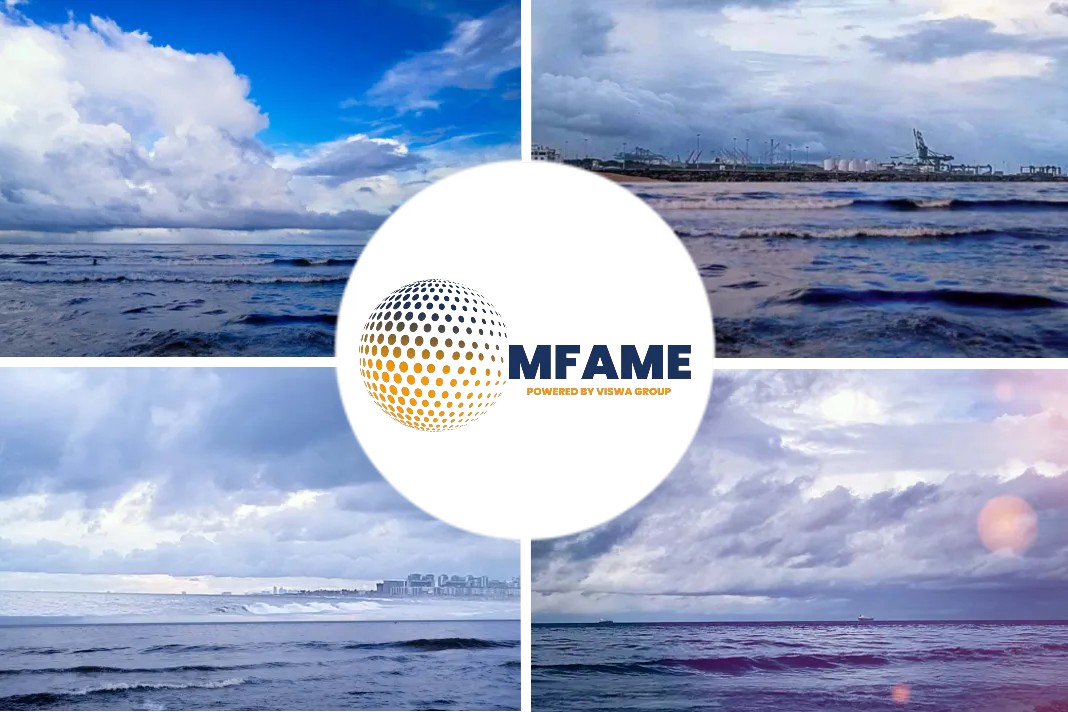The Global Maritime Forum’s annual summit took place in Singapore, capping off a year highlighting the “highs” and “lows” in the shipping industry, reports Seatrade Maritime News.
Getting to Zero coalition
The first summit of Global Maritime Forum, outside Copenhagen, was held in Hong Kong last year, and it has certainly succeeded in attracting global attention from at least a portion of the industry.
This year has seen the launch of the Poseidon Principles for green financing and the Getting to Zero coalition with an aim of pushing decarbonisation in shipping.
The closing ceremony saw more potential areas of involvement in the industry at large – most notably lobbying for a carbon levy.
Poseidon Principles
Presenting the Poseidon Principles in a plenary session to the forum Michael Parker, chairman, global logistics and offshore for Citi, was bullish about their ability to bring onboard both Asian banks and 80% – 90% of what he described as “serious lenders”.
The biggest growth area in ship finance – the Chinese leasing houses – were notable by their absence at the summit.
Kristin Holth, executive vice president, global head of ocean industries, DNB, said: “This is a good platform for new initiatives.”
He added, “But what is important now is to get more banks, Asian but also American so we can have much broader banking group aligned to the principles. The second is to incorporate it into reality.”
No changes in deals
Asked about the impact of the principles Paul Taylor, global head of shipping for Societe Generale (SG), revealed that in many senses it was what the bank was already doing anyway and expects to keep supporting its clients in the way it has in the past.
Taylor said, “So far not a lot, and we hope that won’t totally change. At SG our strategy is to find new and modern ships and that strategy will continue.”
“By signing the principles there are no obligations in changing the types of deal we do, we don’t impact each other’s decisions at all. So we can carry on financing the ships we want to finance for the ships we want to support,” he said.
Brainstorming at its best
The depth and breadth of the group in terms of representing the industry as a whole was not a concern limited to the Poseidon Principles.
The summit assembled a highly impressive group senior shipping leaders in a single location, but that said it would appear to remain quite heavily North European, with key shipowning and shipping business locations such as Greece and Asia relatively under represented.
Also by its very much forward looking nature the forum also appeals to a certain sphere of owners and businessmen.
Decarbonization funds
Claus Hemmingson, chairman of DFDS, commented during the closing session: “We’re all here at the forum but there’s also a lot people who are not here. Even if you take shipowners and charterers that are not here, and there’s a lot of misalignment so there’s still a lot of stakeholder engagement to be done on the nearest front.”
It was a point also highlighted by BW Group chairman Andreas Sohmen-Pao in presenting work on a carbon levy to fund the decarbonisation of shipping.
“We did think about some of the objections and barriers because it’s not only us in this room, we are a self-selecting group that is trying to think about how the future, and there are others.”
The forum’s role in the carbon levy would mean that they need to work through existing shipping organisations such as the ICS and, obviously, the IMO as the industry’s global governing body.
This means though the Global Maritime Forum is essentially another industry group that can just bring pressure on other wider representative bodies.
The next annual summit convenes in London in October 2020 and hopefully more progress on the initiatives taken would be witnessed next year.
Did you subscribe to our daily newsletter?
It’s Free! Click here to Subscribe!
Source: Seatrade Maritime News

















